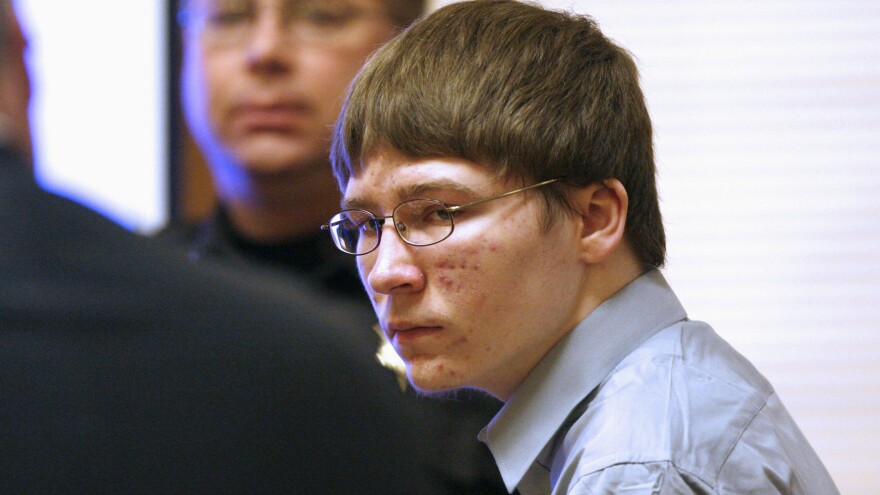Brendan Dassey, who was found guilty of assisting in a 2005 murder in Wisconsin on the basis of a confession that his lawyers say was coerced, will not be getting his case reconsidered by the Supreme Court.Dassey's case was featured in a Netflix documentary called Making a Murderer, which cast doubt on the validity of his conviction, as well as that of his uncle, Steven Avery. Over the past two years, a lower court and a three-judge panel of an appeals court both found that Dassey's confession was involuntary and that he should be released.But in December, the full appeals court overturned those decisions, ruling that Dassey should remain behind bars for the remainder of his life sentence.The U.S. Supreme Court announced Monday that it has declined to hear Dassey's appeal, which means the conviction stands. As usual, the court did not provide a reason for denying the petition.Dassey's lawyer says her team "will continue to fight to free Brendan Dassey.""The video of Brendan's interrogation shows a confused boy who was manipulated by experienced police officers into accepting their story of how the murder of Teresa Halbach happened," Laura Nirider said in a statement. "By the end of the interrogation, Brendan was so confused that he actually thought he was going to return to school after confessing to murder."As NPR has previously reported, a federal judge in 2016 concluded that Dassey, who was a teenager of "below average intellectual ability" at the time of his confession, was deceived and coerced by investigators:
Brendan Dassey Of 'Making A Murderer' Won't Have Case Heard By Supreme Court



